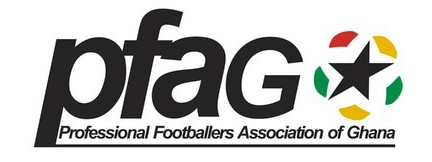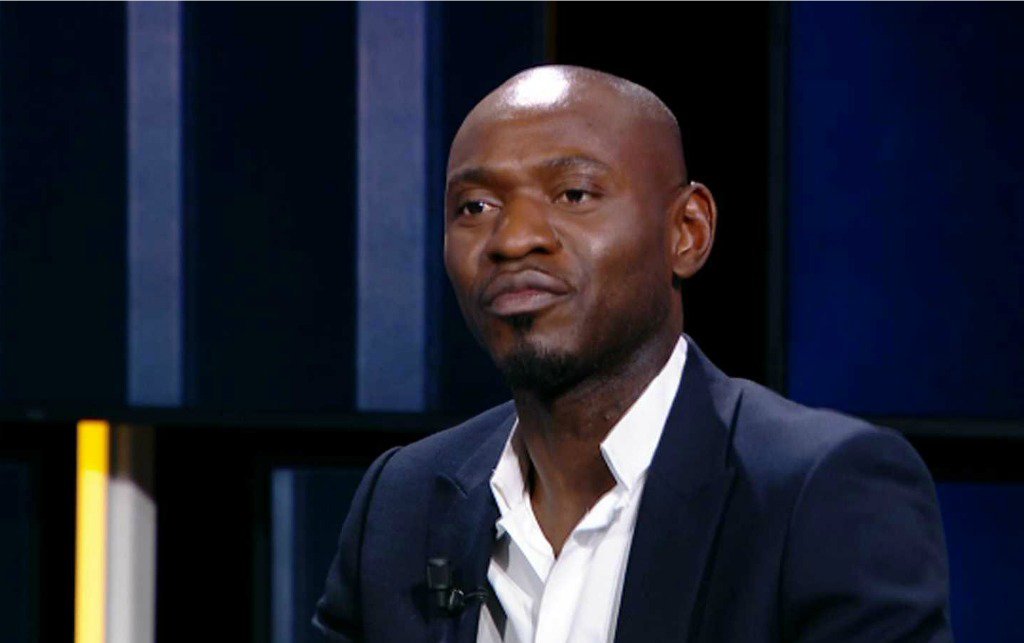Herita Ilunga, a former player for West Ham and Saint Etienne, is pushing to make it compulsory for footballers to have a written contract after a FIFPro survey found hundreds of professional players in Africa are not given one.
Some 89% of players in the Democratic Republic of Congo do not have a written deal, according to the recently-released 2016 FIFPro Global Employment Report.
Typically, deals are sealed with a handshake, an arrangement that is legal in the country, according to Ilunga who is now vice-president of the national players union, Union des Footballeurs du Congo.
“A player in Congo might be earning $400 a month but he has nothing to prove he should be paid that,” Ilunga (pictured playing for West Ham in 2010 against Didier Drogba of Chelsea) said. “There is more of a risk he will not be paid. It is a big problem in our country.”
The FIFPro report found 41 percent of players are not paid on time, with that number rising to 55% in Africa. The average wage for an African footballer is less than $300 per month.
Players not having written contracts is common in other countries including Montenegro (46%) and Peru (20%) but most widespread in Africa.
FIFPro found that 13% of the 849 players in Africa who moved to their current club for a transfer fee do not have an agreement in writing. Anecdotal evidence shows some clubs only draw up contracts for footballers in order to receive transfer fees, said Stephane Burchkalter, head of FIFPro’s African division.
The world player union believes the report shows football needs stronger rules and better oversight of existing regulations to improve working conditions for players.
Congo’s football federation, which oversees the national team currently playing in the African Nations Cup, has promised to make it compulsory for clubs to draw up a written agreement, although some teams have asked for more time before the rule is phased in, Ilunga (pictured right at a FIFPro congress) said.
Many African clubs draw up a contract for a player to sign for registration purposes only to deny them the right to have a copy. FIFPro found that 31% of players in Africa do not have a copy of their contract, with the number highest in Cameroon (65%) and Gabon (60%).
Gabon was the host of this year’s African Nations Cup. Players of the national teams of Congo and Guinea-Bissau went on strike over unpaid wages and bonuses days before the tournament began in January.
In Botswana, clubs will wait months before rubber-stamping a player’s contract with the federation, according to Puso Motlhabane, head of legal affairs at the Footballers Union of Botswana.
“The player will be under the belief that he is under contract but the club will not take it to the federation and when the player complains about something, the club will say ‘you do not have a contract’,” Motlhabane said.
“On the other hand, if the player turns out to be positive for the club they will run to the federation to get it endorsed.”

